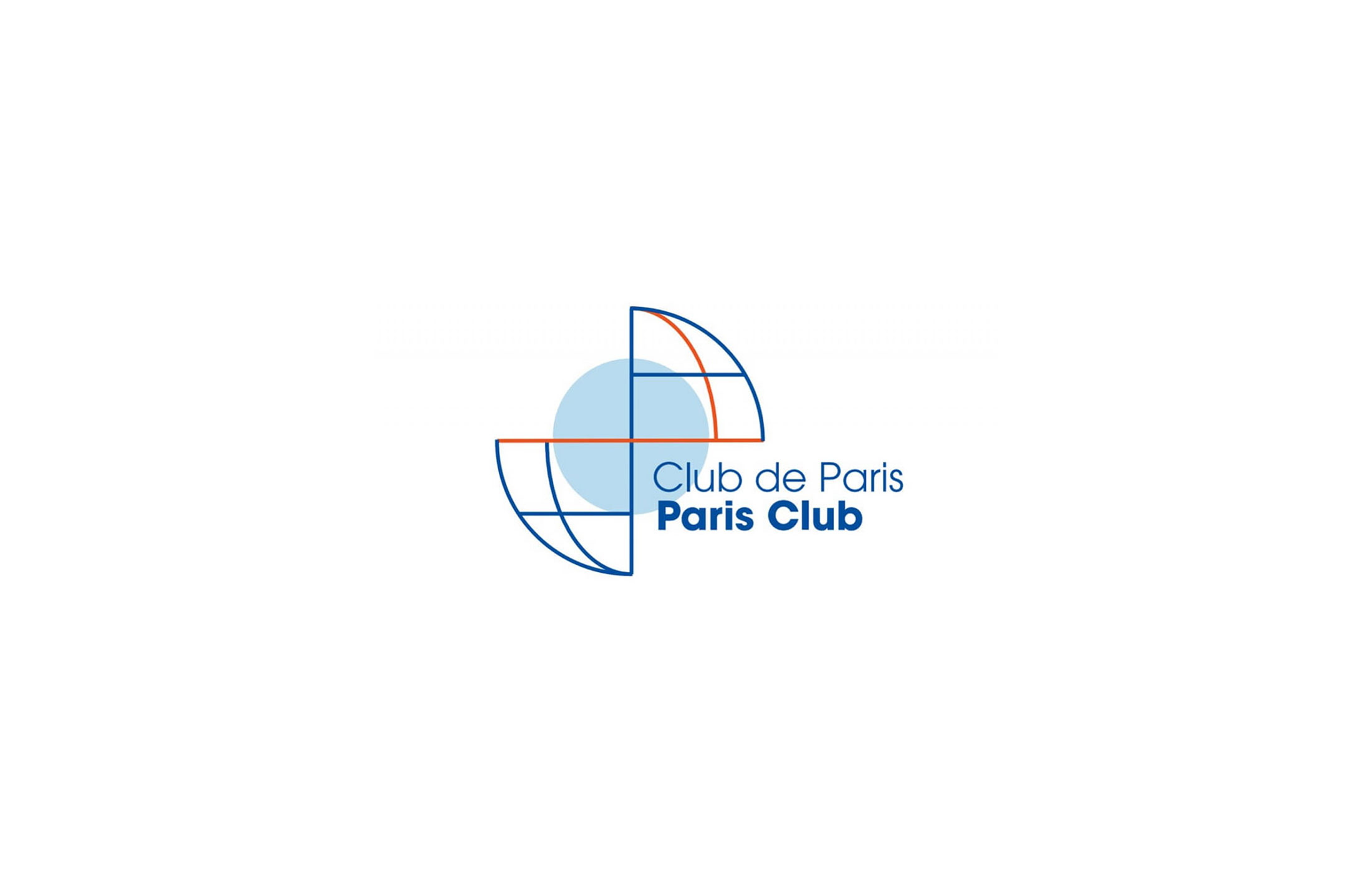
The Paris Club
The Paris Club is the forum where public and officially guaranteed export credits are renegotiated when a country has encountered such great payment problems that the country can no longer honour its commitments.
Framework agreement following negotiations
At the meetings of the Paris Club, the debtor country and the relevant creditor countries negotiate a framework agreement. This agreement sets the frameworks governing which debt payments may be postponed and how a new payment plan is to be prepared for them. The Swedish delegation, which includes EKN, is led by the Ministry of Finance.
The following actions are taken when a country is unable to pay its debts:
- The country enters into an agreement with the International Monetary Fund (IMF), which stipulates that the country receives financial assistance from the Fund and undertakes to implement a restructuring program to create balance in its external payments.
- The finance ministry and central bank of the country negotiate with the creditor countries in the Paris Club (for public lenders and publicly guaranteed loans).
- The negotiations in the Paris Club lead to a multilateral debt rescheduling agreement, which is referred to as a debt consolidation agreement. In this agreement, the debtor country and the relevant creditor countries determine the frameworks governing which debt payments are to be made later and a new payment plan for them.
- The debtor country enters into bilateral agreements with each creditor country. The agreements specify which claims are subject to the rescheduling and what interest rates will apply.
- In certain cases, the Paris Club may also grant write-downs and write-offs of debts.
Web page last updated
